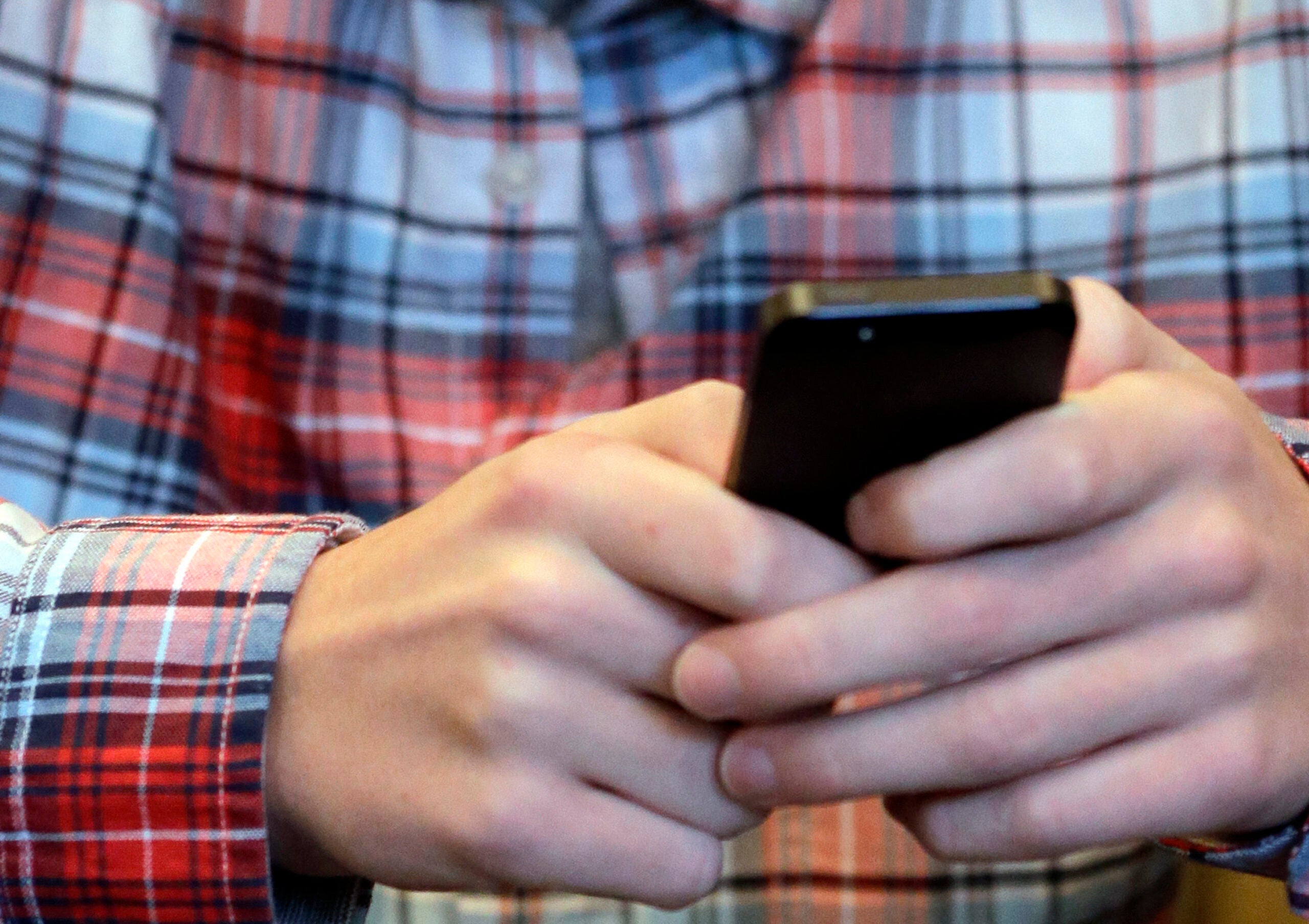In her new book about life-altering compulsions, science writer Sharon Begley describes a woman named Bonnie whose house was filled shoulder-high with decades of old newspapers and magazine clippings.
“She had a very difficult marriage. Her husband abused her and they struggled financially,” Begley said. Bonnie had a penchant for collecting newspaper clippings about home improvement projects and far off getaways, so when her husband died, she found herself alone in a house filled with stuff.
“What she said to me was, ‘I never got to take the vacation or build the gazebo in the backyard, so my dreams never came true, but at least I still have these pieces of paper to remind me of them.’”
Stay informed on the latest news
Sign up for WPR’s email newsletter.
Begley — whose latest book “Can’t Just Stop: An Investigation of Compulsions” was published in February — said not only are compulsions rational responses to everyday life, they’re rooted in a deeper psychological drive, one that’s as basic as the need to be loved and connected, to matter and to cope with the stress of everyday life.
More Sources of Anxiety
Begley: It’s just incontrovertible that there are just way more sources of anxiety today than 20-30 years ago, whether it’s anxiety over environmental harms, the next terrorist attack or even something as seemingly inconsequential as online shopping.
It used to be you would go to a store with a limited supply. You would make your choice, hand them your credit card and off you go. And then came Zappos (and other online retailers) where the number of pages is in the hundreds. So maybe you’re on page two and you really like that pair of boots but something in your brain says, “What about page 712?”
The Reasons Many Can’t Stop Checking Their Phone
Begley: The reason is that the reward structure of texts, emails or a tweet — whatever you’re looking for on your phone — is what psychiatrists describe as intermittent and variable, which simply means they’re like a slot machine. In a slot machine you could get an orange, lemon or cherry pull after pull and you never win. Then suddenly you get a jackpot. So it’s completely unpredictable. It’s the same with texts. You can get one after another after another, and every once in awhile there actually is one that’s important, that you are really glad that you didn’t miss. So it’s that uncertainty that tethers us to the phone.
The other thing that’s going on here is that more and more of us just simply cannot stand to be alone with our thoughts. (In one study) researchers took away the smartphones of a bunch of volunteers and told them to either just sit and stare into space and think or they can have given themselves an electric shock. Half the people could not stand to daydream and introspect and preferred to give themselves electric shocks.
When Compulsions Cross Over Into Mental Illness
Begley: I describe these behaviors as existing along a continuum or a spectrum, so the obvious question is, “OK, where at those extremes do you cross from eccentric or quirky into this is pathological, this is a mental illness?” If a behavior causes distress or impairment — and if it meets other criteria for being extreme — then it is a mental disorder. So in the case of a hoarder, the impairment obviously is that the building inspector will come and condemn your home.
If (the compulsion) is keeping your house really, really neat, there is a condition called obsessive compulsive personality disorder — which is short of OCD — and OCPD can manifest as extreme conscientiousness or neatness. But if you’re just doing those things and it’s not causing you distress or impairing you and it’s doing the opposite, then it is not an illness. It is not pathological. It is coping.






